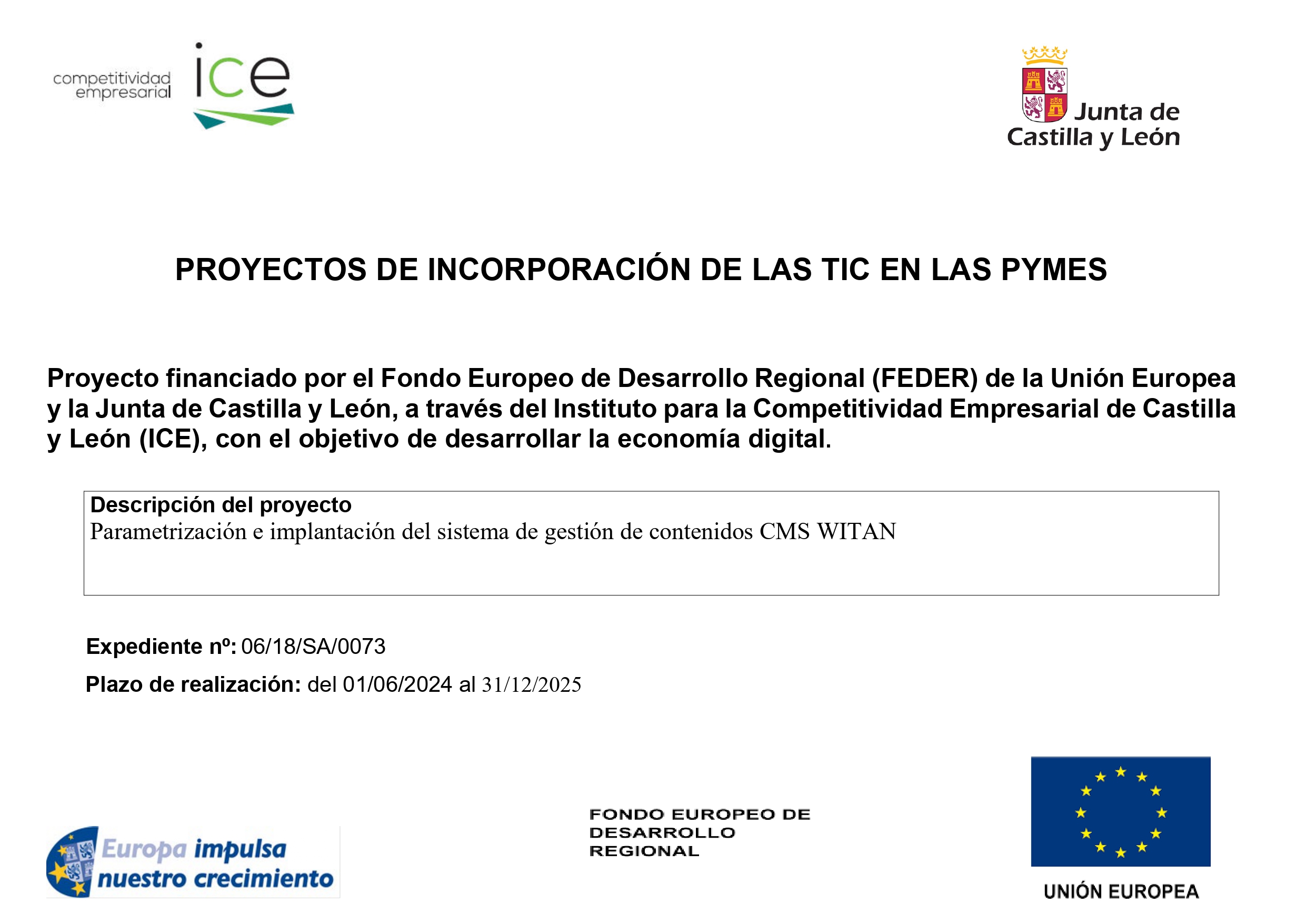
VENGA TU REINO (Pórtico para un poemario del chileno Víctor Ilich)
El pasado viernes llegó un sobre a mi despacho del Campus Unamuno. Dentro habían dos poemarios enviados desde Chile por Víctor Ilich, juez y poeta. Ambos contienen sendos pórticos que escribí para sus libros 'Venga tu Reino' y 'Duda'. Ahora dejo conocer el primero de los pórticos, no sin antes destacar el excelente diseño y las ilustraciones de Matías González Pereira. También las traducciones al inglés de la norteamericana Gretchen Abernathy. VENGA TU REINO ha sido publicado en Santiago por Mago Editores (octubre de 2019). El libro está patrocinado por El Heraldo, diario del sur de Chile, e incorpora otros dos textos escritos por Felipe Berrios y por Roberto Contreras Olivares.
BUENAS NOTICIAS
DE UN POETA EN POS DE ENMIENDA
I.
Que la Biblia viene siendo un manantial para narradores y poetas de todos los tiempos, es algo que nadie, ni el más ateo de los mortales, puede refutar. Unos han saqueado sus tesoros con vergonzante impunidad, como creyendo que nadie se daría cuenta del lugar donde se originan los textos o paráfrasis que ofrecen como novedosos. Otros, como el poeta chileno Víctor Ilich, la han escrutado desde Génesis a Apocalipsis, y no solo la han entrañado, sino que estiman un privilegio el citar versículos allí contenidos para acompañar los frutos renovados, poemas o libros que va publicando en estos lustros iniciales del siglo XXI.
II.
Nueve citas de los cuatro Evangelios contenidos en el Nuevo Testamento sirven al autor santiaguino como frontispicios, tanto para la apertura del libro (Mateo 11:12) como de los ocho poemas que lo conforman: Mala Fe (Lucas 23:34), Punto de Fuga (Lucas 23:43), Naturaleza Muerta (Juan 19:26-27), Un Problema Menos (Mateo 27:46), Hojas de Té (Juan 19:28), Bajo Mallete (Juan 19:30), Iter Criminis (Lucas 23:46) y Manifiesto de un Cronopio (Mateo 13:31-32).
Cualquier lector desprevenido podría caer en una trampa, máxime si no consulta los versículos citados, y entender que hay cierto tono de mofa o de humor hacia las promesas y ejemplos de Jesús, ese Amado galileo que es Verbo y es carne, Poesía y amparador de sus semejantes. Pero lo que hace Ilich es todo lo contrario: la chanza o puesta a prueba es para aquel incrédulo que sonría y se divierta ante versos que parecen irreverentes.
III.
En Venga tu Reino Victor Ilich consuma un tirón de orejas para muchos, empezando por él mismo, si nos atenemos a "Naturaleza Muerta" y a la enmienda que allí se deja constancia. O también cuando aborda sobre su 'doble' vida, escribiendo cojeantes versos mientras redacta algún fallo judicial, según "Bajo Mallete". Pero el meollo del poemario es una llamada de atención ante el convoy de artilugios tecnológicos, redes sociales, fake news, prisas y demás derivaciones de la inmediatez en la que se han instalado buena parte de nuestros congéneres.
Y claro, el poemario todo es un necesario revolcón a las consciencias que cargan las culpas en el otro, que se estiman superiores y necesitan llenar sus arcas y no su espíritu. También para los que desdeñan al que ya ha vuelto y pide instalarse en nuestro corazón.
.jpg)
IV.
El notable poeta León Felipe, a quien nadie podría considerar un beato, reflexionó en torno a lo que para él significaba la Biblia. Lo reproduzco en su integridad, porque así podrán entender a cabalidad la propuesta que ahora nos ofrece Victor Ilich.
Dice el poeta de España y México: "Me gusta remojar la palabra divina, amasarla de nuevo, ablandarla con el vaho de mi aliento, humedecer con mi saliva y con mi sangre el polvo seco de los Libros Sagrados y volver a hacer marchar los versículos quietos y paralíticos con el ritmo de mi corazón. Me gusta desmoronar esas costras que han ido poniendo en los poemas bíblicos la rutina milenaria y la exegesis ortodoxa de los pulpitos para que las esencias divinas y eternas se muevan otra vez con libertad. Después de todo, digo otra vez que estoy en mi casa. El poeta al volver a la Biblia, no hace más que regresar a su antigua palabra, porque ¿qué es la Biblia más que una Gran Antología Poética hecha por el Viento y donde todo poeta legítimo se encuentra? Comentar aquí, para este poeta, no es más que recordar, refrescar, ablandar, vivificar, poner de pie otra vez el verso suyo antiguo que momificaron los escribas. Cristo vino a defender los derechos de la Poesía contra la intrusión de los escribas, en este pleito terrible que dura todavía, como el de los Sofistas contra la Verdad".
V.
Heterodoxo hasta la médula es el poeta y jurista Victor Ilich, también en la vertiente de su fe cristiana. Por ello no se fatiga tratando de vencer ni de buscar la complacencia del lector. Por ello nos entrega la limpia puntería de su tiempo vivo.
Ni telarañas ni revuelos inauditos: solo Buenas Noticias para el que sepa ver, oír y sentir.
Alfredo Pérez Alencart
Enero y en Tejares (2019)
.jpg)
GOOD NEWS OF A POET SEEKING EMENDATION
I.
That the Bible is a spring where storytellers and poets of all times have come to drink is something that no one, even the most atheistic of mortals, can deny. Some have pillaged its treasures with shameful impunity, presuming no one would recognize the source of the texts or paraphrases passed off as original. Others, like the Chilean poet Victor Ilich, have scrutinized it from Genesis to Revelation and have not only digested it but count it a privilege to cite its verses in the renewed fruit of such reading: poems or books published in these early lustra of the twenty-first century.
II.
Nine quotes from the four gospels found in the New Testament serve the Santiago-based author as doorposts both at the beginning of the book (Matthew 11:12) and at each of the eight poems that comprise the work: "Bad Faith" (Luke 23:34); "Vanishing Point" (Luke 23:43); "Dead Nature" (John 19:26-27); "One Less Problem" (Matthew 27:46); "Tea Leaves" (John 19:28); "Gavel of Secrecy" (John 19:30); "Iter Criminis" (Luke 23:46); and "Manifesto of a Cronopio" (Matthew 13:31-32).
Casual readers could fall into the trap, especially if they do not look up the verses referenced, of sensing a tone of mockery or jesting regarding the promises and examples of Jesus, the Galilean Beloved who is Word and flesh, Poetry and the protector of his fellow humans. But Ilich is doing just the opposite: the joke or test is for unbelievers who smile and chuckle at verses that seem irreverent.
III.
In Kingdom Come, Victor Ilich executes a massive pulling of the leg for many, beginning with himself, if we look at "Dead Nature" and its corresponding emendation. The same applies when he addresses his "double" life, penning limping verses while redacting a judicial sentence, according to "Gavel of Secrecy." But the heart of the poetry collection is a siren call of warning regarding all the technological contraptions, social media, fake news, hustle and bustle, and all other such derivations of the immediateness that has taken root in a good part of our congeners.
And, of course, the chapbook is a much-needed upending of conree their guilt to others, of people who believe and in need of filling their bank account instead ill as to those who look down on the one who has requests access to our hearts.
IV.
The well-known poet León Felipe ?a man no one could consider what the Bible meant to him. I include his entire idly understand the proposal Victor Ilich offers us: in and Mexico says:
I like to soak the divine word, to knead it again, to soften it with the vapor of dry dust of the Holy Books wet with my saliva and my II, paralytic verses up and moving again to the rhythm of : off the scabs that have grown over the biblical poems due to the routine of the millennia and to orthodox exegesis from the pulpit so that the divine and eternal essences are free to move about again. After all, I'll say it again: I'm at home here. When the poet turns to the Bible, he does nothing his ancient word, because what is the Bible if not a great poetic anthology compiled by the wind and where every legitimate poet finds himself? i mean that, for me, it's nothing more than remembering, refreshing, softening, bringing alive, getting to its feet once again the ancient verse that the scribes mummified. Christ came to defend the rights of poetry against the intrusion of the scribes in this terrible lawsuit that is still ongoing, like that of the Sophists against the truth.
V.
The poet and judge Victor Ilich is heterodox to the bone, including in his Christian faith. He therefore never tires of trying to conquer and seek the pleasure of his readers. Thus he offers us the clean shots of his free time.
Neither cobwebs nor inaudible commotion: just good news for those who know how to see, hear, and feel.
Alfredo Pérez Alencart
January, in Tejares (2019)
.jpg)
La empresa Diario de Salamanca S.L, No nos hacemos responsables de ninguna de las informaciones, opiniones y conceptos que se emitan o publiquen, por los columnistas que en su sección de opinión realizan su intervención, así como de la imagen que los mismos envían.
Serán única y exclusivamente responsable el columnista que haga uso de nuestros servicios y enlaces.
La publicación por SALAMANCARTVALDIA de los artículos de opinión no implica la existencia de relación alguna entre nuestra empresa y columnista, como tampoco la aceptación y aprobación por nuestra parte de los contenidos, siendo su el interviniente el único responsable de los mismos.
En este sentido, si tiene conocimiento efectivo de la ilicitud de las opiniones o imágenes utilizadas por alguno de ellos, agradeceremos que nos lo comunique inmediatamente para que procedamos a deshabilitar el enlace de acceso a la misma.





















.jpg)

